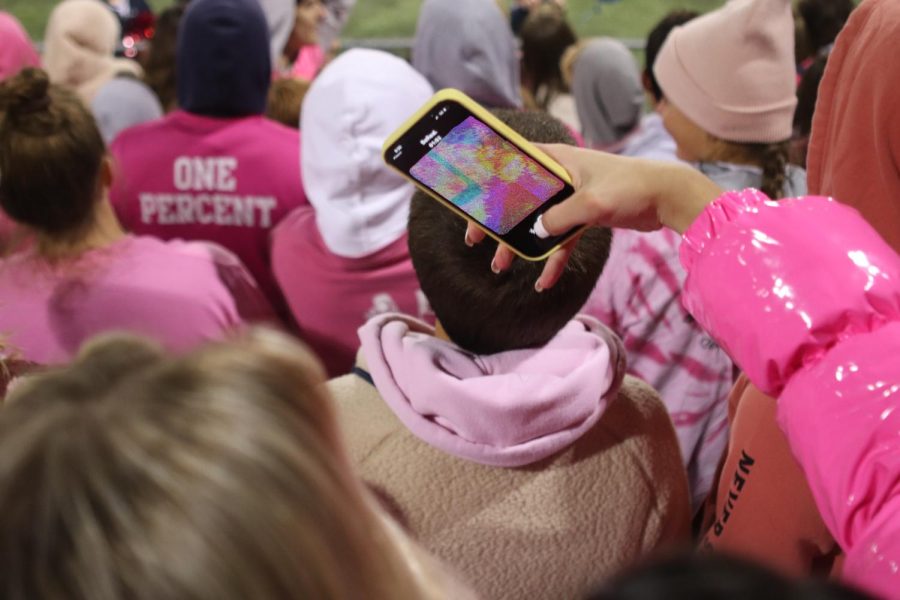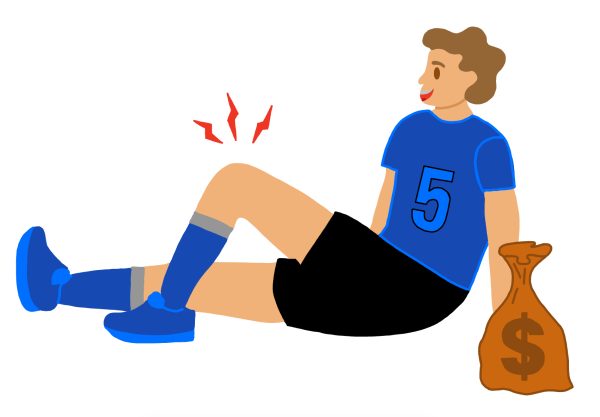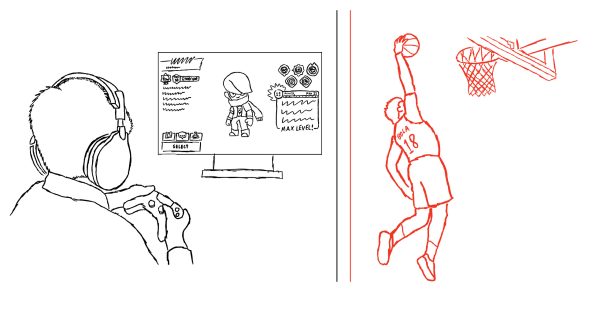It’s time to BeReal
Social media’s new trend shifts towards authenticity, but is it far enough?
BeReal—a social media sensation—promotes living in the moment. They encourage imperfection and allow users to build an unedited online presence, but is it possible to truly “be real” behind a camera?
It’s the middle of the afternoon. There’s a group of friends out together, a boy driving down the street in a rush, and a girl simply sitting at home by herself. These are three completely different situations, yet they are unified by one common factor—a notification reading “It’s Time to BeReal.” One app has now encouraged these people to stop and capture the moment through a picture, show their audiences a raw, unedited life update, and be honest. This idea of social media authenticity has seen a rise over recent years with influencers such as Emma Chamberlain, who gained popularity by creating minimalistic and relatable content. However, this shift to authenticity as an aesthetic now raises the question of whether it is genuinely possible to be authentic on social media without being performative.
Since BeReal’s launch in 2020, it has seen a significant user surge, specifically this year.
“74.5% of [BeReal] ‘s total downloads occurred in the current year, and its monthly active users grew by 315% from January to April 2022,” says Geri Mileva in an article written for Influencer Marketing Hub.
The bountiful increase comes from the app’s refreshing and unique approach to social media that other apps can’t provide. For example, Instagram, TikTok, and Snapchat all offer tools that allow users to apply filters, make edits, and distort a moment to create an image that reflects a version of perfection. BeReal, on the other hand, gives users two minutes to take a picture using a dual camera that captures both the front and back surroundings. Additionally, BeReal only allows people to post once a day, effectively blocking the possibility of an oversaturated feed and preventing teens from getting addicted to scrolling through the app for hours.
Social media addiction in teenagers has also proven to be a significant concern as it becomes more prevalent.
“Scientists have found that teen social media overuse creates a stimulation pattern similar to the pattern created by other addictive behaviors,” writes Newport Academy. “Hence, the brain responds to social media the same way it responds to other “rewards”—with a release of dopamine.”
Due to the tiny amount of content that BeReal provides daily, it combats the addictive nature of other forms of social media—another unique quality of the app.
With all this in mind, BeReal appears to be the perfect form of social media. Pure depictions of everyday life are the focus, creating a toxicity-free environment. Being honest makes for an authentic social media experience, right?
Yes—well, sort of.
Although the BeReal notification goes off at a specific time, users still have the option of posting late—albeit with the same two-minute countdown as those who post on time. If, at that moment, a person’s reality is sitting in a dark room staring at a screen, they can wait until a much more exciting moment comes along to post a BeReal. Additionally, there is an option to retake a BeReal as often as the user wants within the two-minute time limit, which is bound to happen, especially when taking the picture with a large group.
Doesn’t this defeat the point of being natural? Yes, it does. Once a user has chosen to postpone their BeReal of the day for the perfect moment or retake it multiple times, it robs the spontaneity that makes the app so different. In addition, a layer of authenticity is ripped off because although the image is still more honest than what one would see on an app like Instagram, it was still manipulated to meet the creator’s standards.
With social media users now trying to achieve the effortlessly relatable aesthetic, performative authenticity is bound to be stitched within the seams. BeReal, while designed to combat the issue, is still susceptible to some sense of distortion in an attempt to depict real life. Achieving genuine online authenticity is a difficult task that might not be possible at all. The images that one posts of themselves online will always be something that one chooses to showcase a memory. Unless the people viewing this were there, they’ll never honestly know how authentic those images are. Despite this, social media’s shift to an overall more casual tone than it had continues to gain appeal from the new generation of users. While it may never be 100% authentic, the best anyone can do now is to be real.
Your donation will support the student journalists of Saint Viator High School. Your contribution will allow us to purchase equipment and cover our annual website hosting costs.








